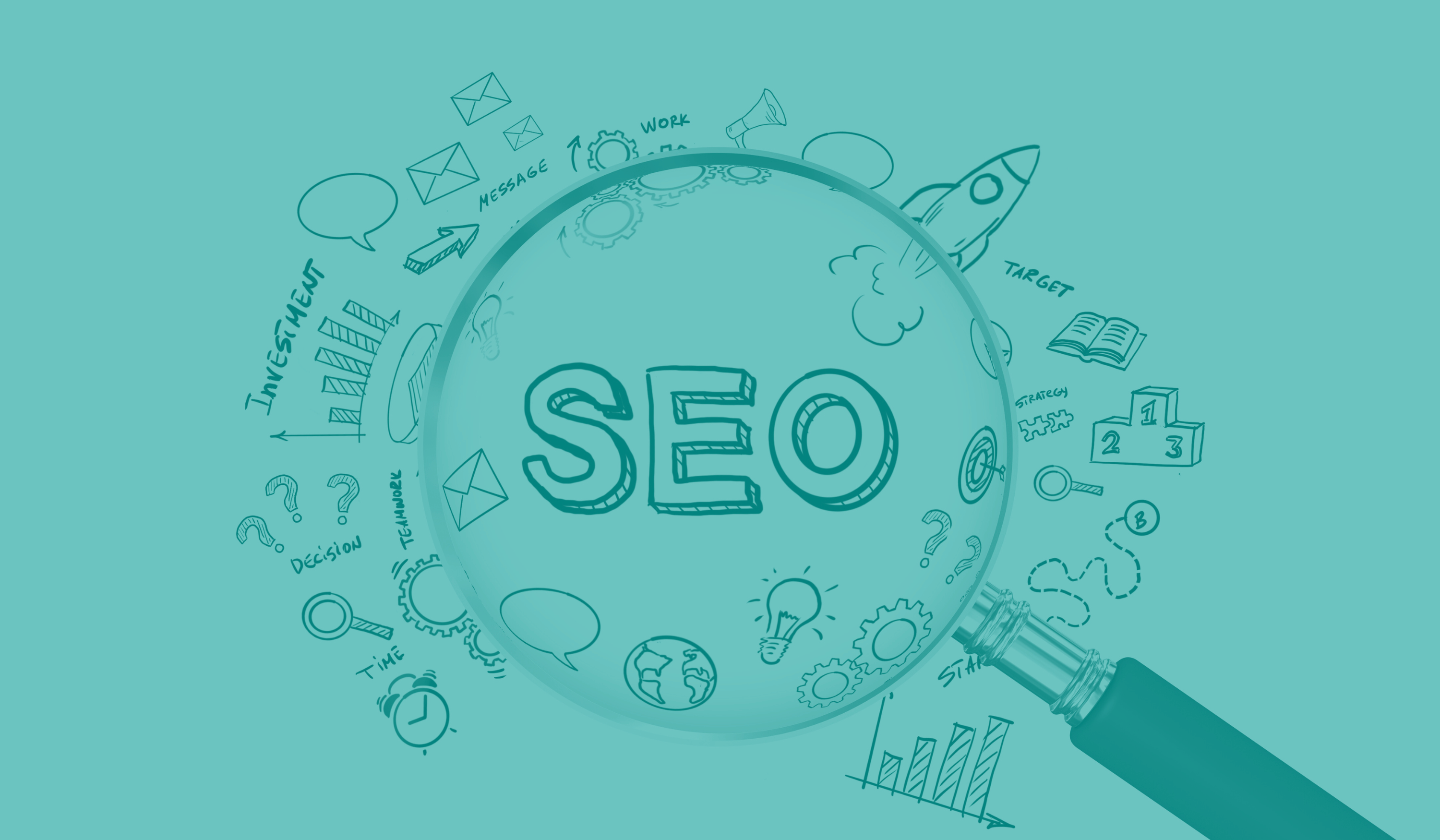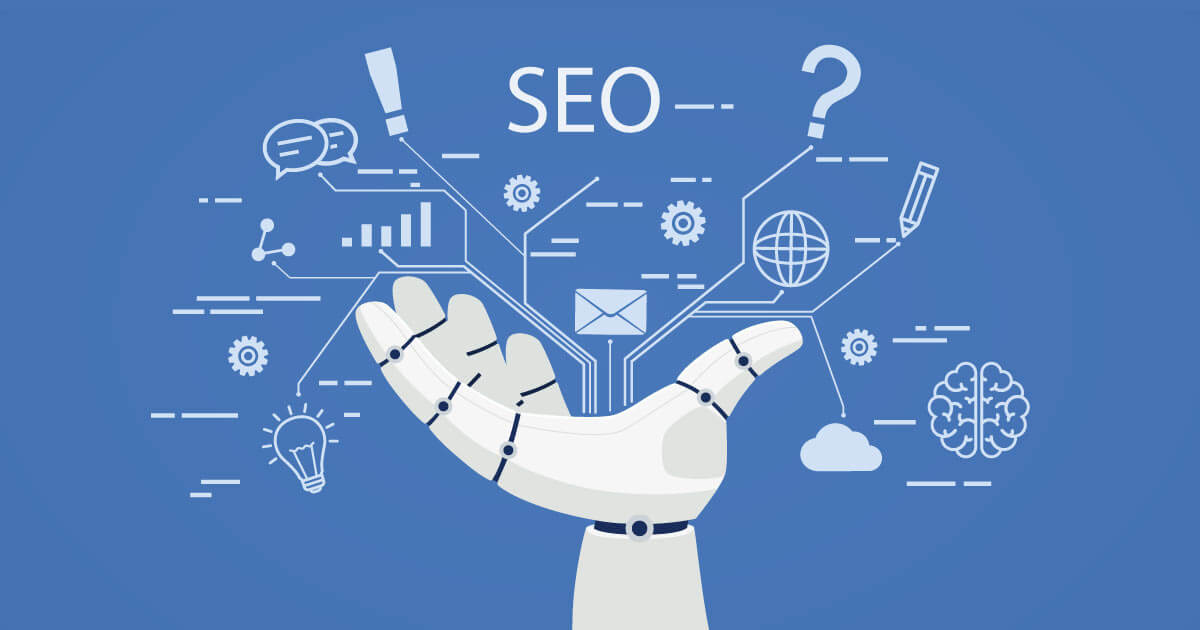
Search Engine Optimization (SEO) has always been a crucial element of digital marketing. As we move into 2024, the landscape of SEO is evolving rapidly, largely driven by advancements in artificial intelligence (AI). AI is transforming how marketers approach SEO, providing new tools and techniques to enhance their strategies and improve their results.
In this article, we’ll explore how AI is changing the SEO game, discuss the latest trends and technologies, and provide actionable strategies for marketers to stay ahead of the curve.
Introduction
SEO is the art and science of optimizing a website to rank higher in search engine results pages (SERPs). Higher rankings lead to increased visibility, more traffic, and ultimately, more conversions. However, achieving and maintaining high rankings has become increasingly complex due to constant algorithm updates, fierce competition, and changing user behaviors.
Enter AI. By leveraging AI-powered tools and techniques, marketers can gain deeper insights, automate repetitive tasks, and create more effective SEO strategies. This article will guide you through the key AI-driven SEO strategies to implement in 2024.
1. The Role of AI in Modern SEO
AI is revolutionizing SEO by automating tasks, providing deeper insights, and enabling more precise targeting. Here’s how AI is enhancing various aspects of SEO:
Automation
AI can automate repetitive and time-consuming tasks such as keyword research, content optimization, and reporting. This allows marketers to focus on strategic planning and creative tasks.
Insights
AI-powered tools can analyze vast amounts of data quickly, providing valuable insights into user behavior, search trends, and content performance. These insights help marketers make data-driven decisions.
Personalization
AI enables marketers to deliver personalized content and experiences to users, improving engagement and conversion rates. Personalization is becoming increasingly important in SEO as search engines prioritize user experience.
2. Key AI Technologies Transforming SEO
Several AI technologies are driving changes in SEO. Understanding these technologies can help marketers leverage them effectively.
Machine Learning
Machine learning algorithms analyze data and learn from it to make predictions and decisions. In SEO, machine learning is used to improve search engine algorithms, understand user intent, and personalize search results.
Natural Language Processing (NLP)
NLP allows machines to understand and interpret human language. This technology is crucial for optimizing content for voice search, understanding user queries, and creating more relevant content.
Computer Vision
Computer vision enables machines to understand and interpret visual information. It’s used in image and video SEO to analyze visual content and improve search engine rankings.
3. AI-Powered Keyword Research
Keyword research is the foundation of any SEO strategy. AI can enhance keyword research by providing more accurate and comprehensive data.
Identifying High-Opportunity Keywords
AI tools can analyze search trends, competition, and user behavior to identify high-opportunity keywords that are likely to drive traffic and conversions.
Predicting Keyword Performance
AI can predict the performance of keywords based on historical data and trends, helping marketers choose the most effective keywords for their campaigns.
4. Content Creation and Optimization with AI
Creating high-quality, optimized content is essential for SEO. AI can assist in content creation and optimization in several ways.
Content Generation
AI-powered tools can generate content based on predefined parameters, saving time and ensuring consistency. These tools can create blog posts, product descriptions, and more.
Content Optimization
AI can analyze existing content and suggest optimizations to improve readability, relevance, and SEO performance. This includes keyword placement, meta tags, and internal linking.
5. Enhancing User Experience with AI
User experience (UX) is a critical factor in SEO. AI can help enhance UX by providing personalized and engaging experiences.
Personalized Content Recommendations
AI can analyze user behavior and preferences to deliver personalized content recommendations, increasing engagement and dwell time.
Chatbots and Virtual Assistants
AI-powered chatbots and virtual assistants can improve user interaction, provide instant support, and enhance the overall user experience on a website.
6. AI for Technical SEO
Technical SEO involves optimizing the technical aspects of a website to improve its search engine ranking. AI can simplify and enhance technical SEO tasks.
Site Audits
AI tools can perform comprehensive site audits, identifying issues such as broken links, duplicate content, and slow-loading pages. These tools provide actionable recommendations to fix these issues.
Schema Markup
AI can help implement and optimize schema markup, making it easier for search engines to understand and index website content.
7. Leveraging AI for Link Building
Link building is a crucial aspect of SEO, but it can be time-consuming. AI can streamline and enhance link-building efforts.
Identifying Link Opportunities
AI can analyze competitors’ backlink profiles, identify high-quality link opportunities, and suggest potential outreach targets.
Automated Outreach
AI-powered tools can automate outreach efforts, sending personalized emails to potential link partners and tracking responses.
8. Predictive Analytics for SEO
Predictive analytics uses historical data to make predictions about future outcomes. In SEO, predictive analytics can forecast trends and guide strategy.
Trend Analysis
AI can analyze search trends and predict future changes, allowing marketers to stay ahead of the curve and adjust their strategies accordingly.
Performance Forecasting
Predictive analytics can forecast the performance of SEO campaigns, helping marketers allocate resources more effectively and set realistic goals.
9. Voice Search Optimization
Voice search is becoming increasingly popular, and optimizing for voice search is essential for future SEO success.
Natural Language Queries
AI can help optimize content for natural language queries, which are common in voice search. This involves using conversational language and answering questions directly.
Featured Snippets
AI can analyze search results to identify opportunities for featured snippets, which are often used in voice search responses.
10. AI-Driven Loca
l SEO Strategies
Local SEO is crucial for businesses targeting a specific geographic area. AI can enhance local SEO efforts by providing more accurate and relevant local search results.
Local Keyword Research
AI tools can identify local keywords and search trends, helping businesses optimize their content for local search.
Optimizing Google My Business
AI can assist in optimizing Google My Business listings, ensuring they are complete, accurate, and engaging.
11. Monitoring and Analytics with AI
Monitoring and analyzing SEO performance is essential for continuous improvement. AI-powered tools can provide deeper insights and more accurate data.
Real-Time Analytics
AI tools can provide real-time analytics, allowing marketers to track performance and make adjustments on the fly.
Sentiment Analysis
AI can analyze user feedback and social media mentions to gauge sentiment and identify areas for improvement.

12. Case Studies: Success Stories
Learning from real-world examples can provide valuable insights into how AI can enhance SEO.
Case Study 1: HubSpot’s AI-Powered SEO Strategy
HubSpot used AI to analyze their content and optimize it for SEO, resulting in a significant increase in organic traffic and search rankings.
Case Study 2: Sephora’s Personalized User Experience
Sephora leveraged AI to deliver personalized product recommendations and content, enhancing user experience and boosting engagement.
Case Study 3: IBM’s Predictive Analytics for SEO
IBM used predictive analytics to forecast SEO trends and adjust their strategy, leading to improved search rankings and increased visibility.
13. Future Trends in AI and SEO
As AI continues to evolve, new trends and technologies will shape the future of SEO.
AI-Generated Content
AI-generated content will become more sophisticated, allowing marketers to create high-quality content quickly and efficiently.
Visual and Video Search
AI will enhance visual and video search capabilities, making it easier for users to find relevant content through images and videos.
Hyper-Personalization
AI will enable hyper-personalization, delivering highly tailored content and experiences to users based on their behavior and preferences.
14. Ethical Considerations
While AI offers many benefits, it’s important to consider ethical implications.
Data Privacy
Ensure that AI tools comply with data privacy regulations and protect user data.
Bias and Fairness
Be aware of potential biases in AI algorithms and take steps to ensure fairness and accuracy in AI-driven SEO strategies.
Transparency
Maintain transparency with users about how AI is being used in SEO efforts and how their data is being utilized.
15. Conclusion and Next Steps
AI is transforming SEO, providing marketers with powerful tools and techniques to enhance their strategies and improve results. By leveraging AI for keyword research, content creation, user experience, technical SEO, link building, and predictive analytics, marketers can stay ahead of the competition and achieve their SEO goals in 2024.
Next Steps
- Adopt AI Tools: Invest in AI-powered SEO tools to streamline and enhance your efforts.
- Stay Informed: Keep up with the latest AI and SEO trends to ensure your strategies remain effective.
- Test and Optimize: Continuously test and optimize your SEO strategies to achieve the best results.
- Focus on User Experience: Prioritize user experience in your SEO efforts to improve engagement and conversions.
- Ethical Practices: Ensure ethical practices in your use of AI and SEO to maintain trust and compliance.
By following these steps, marketers can harness the power of AI to maximize their SEO efforts and achieve success in 2024.
FAQs
1. How does AI enhance keyword research?
AI enhances keyword research by analyzing search trends, competition, and user behavior to identify high-opportunity keywords and predict their performance.
2. What role does AI play in content creation?
AI assists in content creation by generating content based on predefined parameters and optimizing existing content for readability, relevance, and SEO performance.
3. How can AI improve user experience on a website?
AI improves user experience by providing personalized content recommendations, using chatbots for instant support, and enhancing overall interaction on the website.
4. What are the ethical considerations when using AI in SEO?
Ethical considerations include ensuring data privacy, addressing potential biases in AI algorithms, and maintaining transparency with users about AI usage and data handling.
5. What future trends can we expect in AI and SEO?
Future trends in AI and SEO include more sophisticated AI-generated content, enhanced visual and video search capabilities, and hyper-personalization of user experiences.
